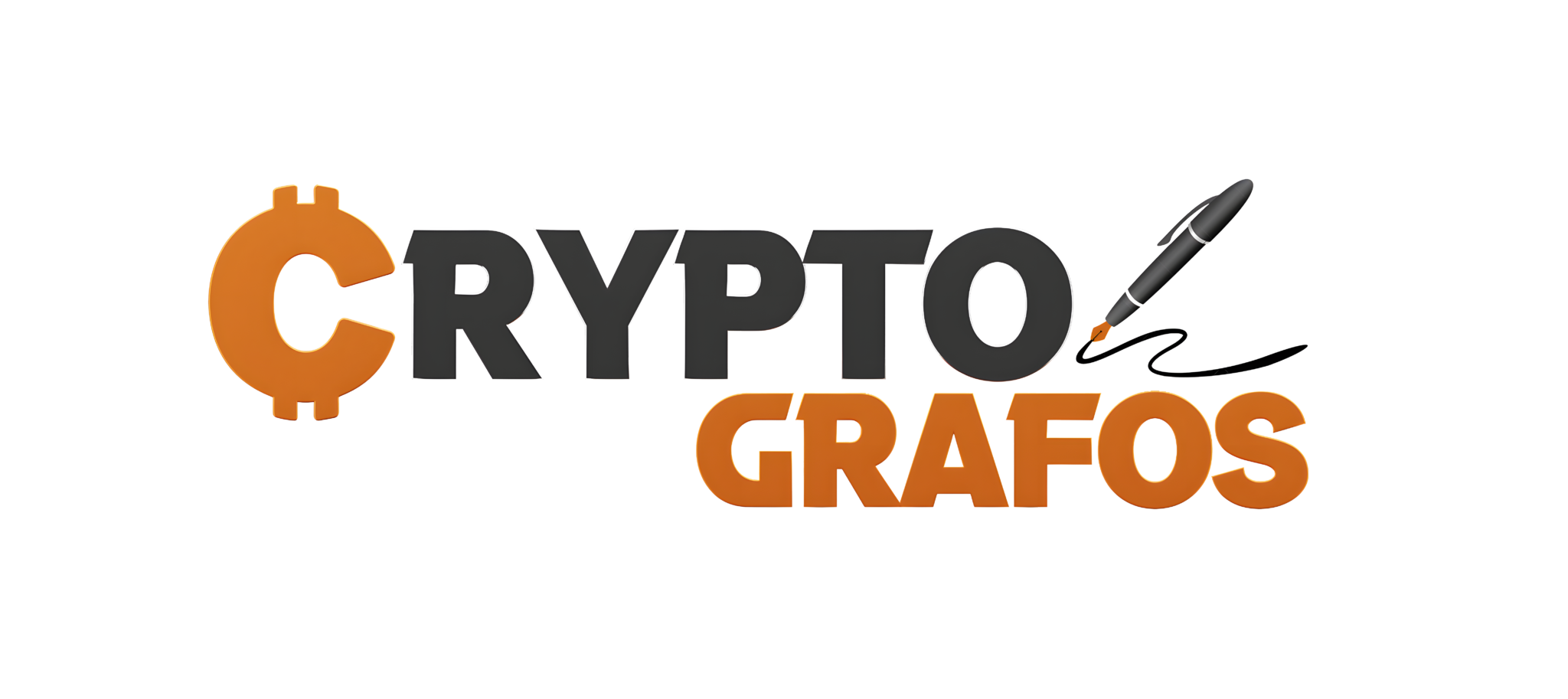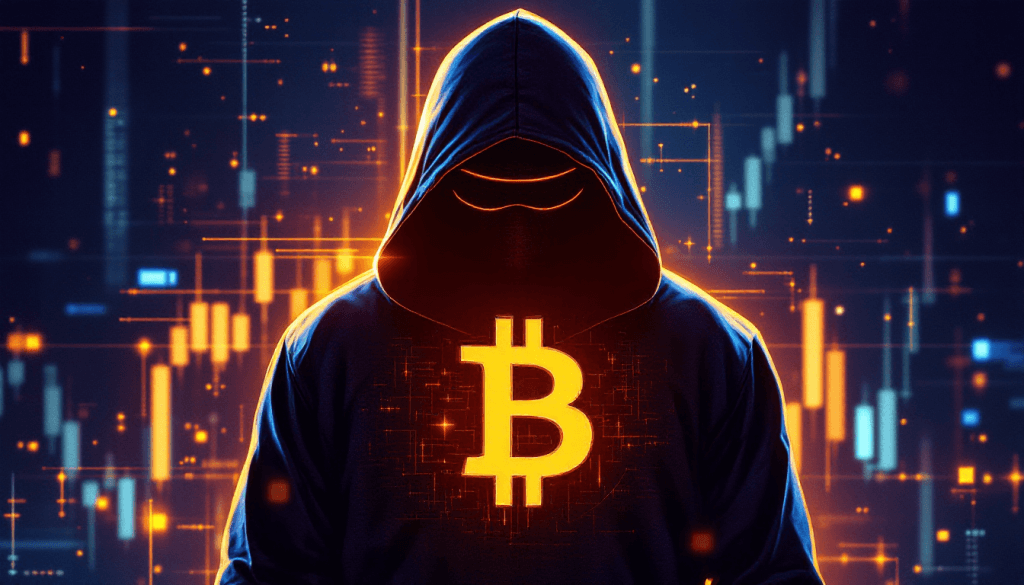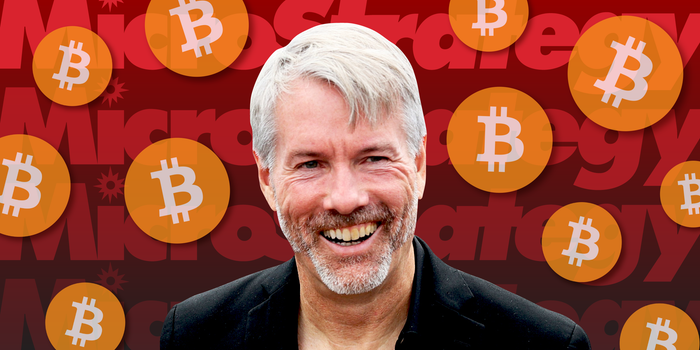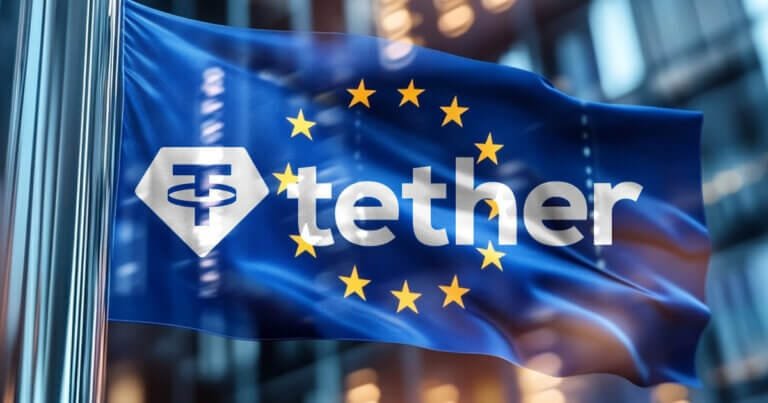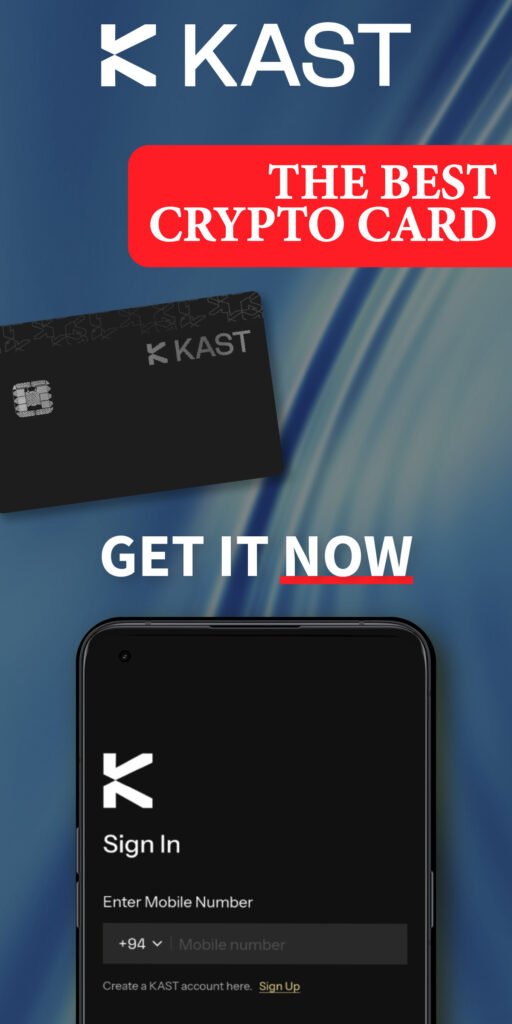The enigmatic figure behind Bitcoin, known as Satoshi Nakamoto, could now have a fortune exceeding that of Microsoft co-founder Bill Gates, thanks to the soaring value of Bitcoin, according to recent blockchain analysis.
Estimates suggest that Nakamoto possesses around 1.096 million BTC, which is valued at over $108 billion, as per insights shared by Conor Grogan, a director at Coinbase.
A new study by Arkham Intelligence has reportedly uncovered additional Bitcoin addresses potentially linked to Nakamoto, further supporting these calculations. Grogan highlighted this in a post on X (formerly Twitter) on February 5:
“This research indicates that Satoshi’s holdings amount to 1.096 million BTC, valued at $108 billion, making them wealthier on paper than Bill Gates,” he stated.
Nakamoto Ranks Among the World’s Wealthiest
As of the latest rankings, Bill Gates, the former CEO of Microsoft, holds a net worth of approximately $106 billion, placing him as the 16th richest individual globally, according to Forbes. If the research regarding Nakamoto’s Bitcoin stash is accurate, it would position the Bitcoin creator just ahead of Gates in terms of wealth.
Could Kraken Hold Clues to Satoshi’s Identity?
There is speculation that cryptocurrency exchange Kraken may have valuable data regarding Nakamoto’s identity. Grogan pointed out that Nakamoto’s last known interactions with a centralized exchange (CEX) took place through Cavirtex, a Canadian exchange acquired by Kraken in 2016.
“CaVirtEx was bought by Kraken in 2016. This raises the possibility that @jespow (Kraken’s co-founder Jesse Powell) might have insights into Satoshi’s real identity—if any KYC data was retained,” Grogan noted.
He added, “If I were him, I’d erase that information.”
Did Cavirtex Enforce KYC Rules?
Records indicate that Nakamoto’s final known transactions with a CEX happened in 2014, but at the time, Know Your Customer (KYC) verification was not a strict requirement across the cryptocurrency space.
While Kraken was among the earliest exchanges to introduce KYC protocols in 2014, it wasn’t until 2017 and 2018 that mandatory verification was enforced for all users. Given that Kraken acquired Cavirtex in early 2016, there is no public evidence confirming that the exchange had implemented KYC requirements during Nakamoto’s interactions with it.
For more news, find me on Twitter Giannis Andreou and subscribe to My channels Youtube and Rumble
What is your opinion on this particular topic? Leave us your comment below! We are always interested in your opinion!
